The Religious/Spiritual Assessment Project: Assessing Clinician Competency in Religiosity and Spirituality and Exploring its Role in Psychotherapy
Principal Investigators
Dr. Jennifer Callahan
University of North Texas
Mr. Andrew A. Dimmick, M.S.
University of North Texas
Abstract
Psychotherapy clients have expressed preference for their psychotherapists to incorporate the clients’ religious and spiritual (R/S) beliefs into clinical practice. Despite this, training psychotherapists to competency in addressing religious and spiritual concerns is not common practice and there is a lack of research connecting religious and spiritual integrations in psychotherapy to client outcomes. The Religious/Spiritual Assessment Project seeks to address two major unmet needs that hamper training in the area of incorporating religiosity and spirituality into clinical practice. First, we will incorporate recently proposed R/S competencies (Vieten & Lukoff, 2021) into an established, evidence-based measure of trainee competency and conduct a rigorous inquiry into the psychometric properties (including, at minimum, reliability, construct validity, and external validity) associated with R/S competencies. Second, we will assess the relationship between clinician R/S competence and client outcomes using an Objective Structured Clinical Examination (OSCE), in which a panel of expert raters evaluate trainee/early career clinicians’ competencies in working with trained actors stimulating common clinical scenarios. The R/S Assessment Project team will be committed to transparency about the project challenges and progress and to the dissemination of the project outcomes through the Open Science Framework, poster presentation, and eventual preparation and submission of a manuscript for a peer-reviewed journal. Specific project goals are to: 1. Develop a competency assessment measurement tool to evaluate clinician competencies across all 16 of the R/S competencies proposed by Vieten and Lukoff (2021) 2. Test the relationship between clinician R/S competency and client rated outcomes using the newly developed measure, providing validation for the measure in the process. Our training environment is ideal for addressing the project goals. The accredited Clinical Psychology doctoral program at UNT is nationally known for expertise in evidence-based training (e.g., Callahan, Ruggero, & Parent, 2013). In addition, the program affiliated UNT Psychology Clinic has the space and ability to record audio and video of the simulated sessions. Our team is experienced in incorporating religion and spirituality into psychotherapy (e.g., Dimmick, Swift & Trusty, 2020; Dimmick, Swift & Trusty, 2021; Price & Callahan, 2017; Trusty, Swift, Winkeljohn Black, Dimmick, & Penix, 2021), evaluation of clinician competency (e.g., Callahan, et al., 2018; Callahan & Watkins, 2018a, b, c, d), and clinician competency measure development (Callahan et al., 2017; Price, Callahan, & Cox, 2018). Furthermore, there are several seminaries and other religiously affiliated higher education institutions near the location of the proposed project, providing a broad pool for selection of expert raters to assist in measure development and simulated patient scenarios.
Project Team
Dr. Jennifer L. Callahan, PI
Andrew Dimmick, Co-PI


